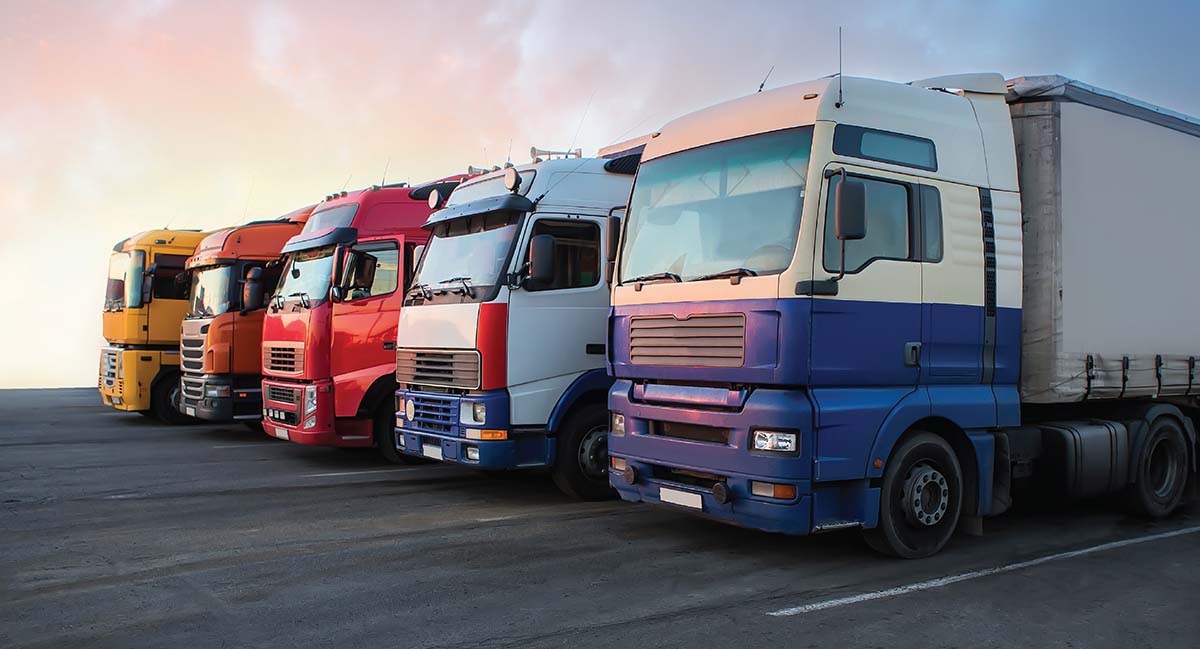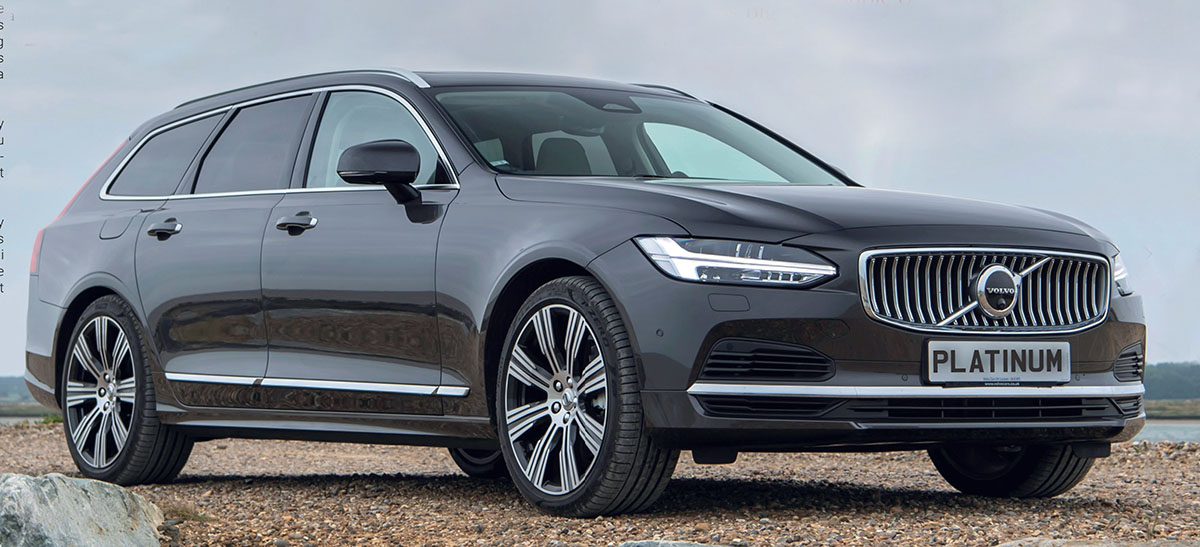
The new e-commerce VAT system introduced by the EU on July 1st impacts the treatment and compliance associated with supplies of goods to and within the EU, in particular those sold to EU consumers (B2C). It is intended to ease the administrative burden and aid the collection of VAT in the EU and the new rules affect both EU and UK suppliers.
As the festive selling period approaches and with attention here in the UK being focused on broader supply chain issues including driver shortages, have you considered the impact these VAT changes will have on your business, cash flow, stock management and broader supply chain in particular:
• Are you meeting your compliance obligations within the EU?
• Are you actually ‘over-doing’ your obligations, as these new rules simplify things?
• Are you considering the effect your compliance is having on your customers and whether this is the best approach?
Effect on UK Businesses
In terms of what these changes could mean for UK businesses:
• There is an important distinction between consignments up to €150 and those in excess of this value. There are administrative considerations for collecting VAT within this threshold and more challenging obstacles to overcome for clearing goods through customs where imports exceed €150.
• Goods which are sold from outside the EU to consumers in the EU will be subject to VAT in the member state of import. A VAT amount collected from a customer on import may come as a surprise to them – the use of Import One Stop Shop, where applicable, can help to avoid this issue.
• Goods which are sold from within the EU (including Northern Ireland) to consumers in other member states will be subject to VAT in the member state the goods are delivered to, where.
• In respect of a business established in Northern Ireland, its sales are above the €10,000 threshold.
• In respect of a business established in Great Britain, it has any distance sales it makes between EU member states.
One Stop Shop registration can be utilised to avoid multiple VAT registrations in the member states where VAT may be due on such sales.
Businesses should consider how the changes may affect them, including whether the new schemes can be used to avoid customers incurring any unexpected VAT costs. Where the new schemes are utilised, costings and website terms & conditions would need to be reviewed for EU VAT that would become due at the point of sale.
The Gov.uk website includes a number of examples of these new rules in practice.
An outline of the e-commerce VAT changes:
• A One-Stop Shop (OSS) has been introduced to allow VAT to be collected under a single registration, for B2C, intra-EU, distance sales of goods – those that are located in one EU member state and are then sold to consumers in other EU countries – as well as collecting VAT on certain services supplied by non-EU established businesses to consumers. A non-Union OSS scheme exists for similar sales of goods and services but where the seller is not established in the EU.
• An Import One-Stop Shop (IOSS) has been introduced for the collection of EU VAT on goods imported into the EU (and where the consignment is up to €150). The existing Low Value Consignment Relief (LVCR), exempting goods up to €22 from import VAT, has now been removed.
• Existing, member state specific, distance selling thresholds for goods sold B2C within the EU have been removed and replaced with a new EU-wide threshold of €10,000, however, the threshold does not apply to businesses established outside the EU.
• Special rules have been introduced in respect of certain B2C sales of goods facilitated via an Electronic Interface (EI) such as an online marketplace whereby, for VAT purposes, the EI is required to collect the VAT due on sale to customers; the EI is deemed to have both received the supply from the supplier and to have made the supply of goods to the consumer.
If you would like to find out if you are impacted by these new rules, then please contact us on 0330 124 1399 or visit www.krestonreeves.com
Rupert Moyle, Partner and Head of VAT and Duty rupert.moyle@krestonreeves.com
Colin Laidlaw, VAT and Duty Director colin.laidlaw@krestonreeves.com




